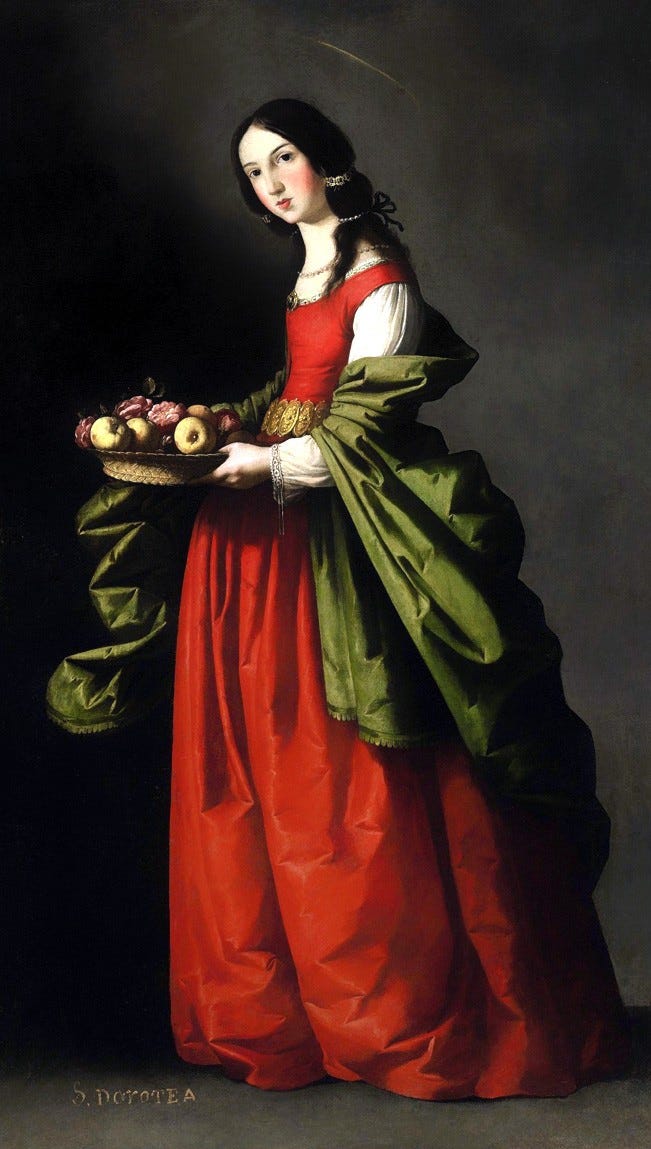Among his many other works, G.K. Chesterton wrote a series of short stories featuring Father Brown, a Roman Catholic priest and amateur detective. The stories have been adapted for television by BBC, with Mark Williams (the actor who portrayed Arthur Weaslyy in the Harry Potter movies) playing the role of Father Brown.
I’ve been reading a collection of Father Brown stories as part of an attempt to read and think about things other than the legalized global killing fields of Covid-times and the daily deluge of false and misleading reporting and commentary on so many current events and orchestrated geopolitical crises.
Chesterton was an incisive observer of the human condition, and human behavior, and the historical developments of his own time, and how they might further develop in the future. So reading his work is not so much providing a rest from the weight of present-tense things, as an opening of different perspectives on them.
Below is an excerpt from The Oracle of the Dog, a short story Chesterton published in Nash’s Pall Mall Magazine sometime between 1923 and 1925.
For context, Father Brown has just finished explaining the solution to the murder mystery to another character (Fiennes) who held a different theory of the case. The case evidence included the unusual behavior of a dog during a walk along a beach, fetching sticks thrown into the ocean, and the dog’s frustration after one of the sticks disappeared before he could get to it.
The passage is interesting and applicable to those of us living and working in the world right now. We are living within a superstition-based, de-rationalized, pseudo-fictionalized society much like the one Chesterton described. Through Covid, it’s become much easier to see that most of what governments and newspapers have been telling people for a century or so has been false: weaponized information used to simultaneously obscure and fake-justify the utterly unjustifiable.
In addition to praying the Rosary, I also urge readers to disengage as much as possible from the internet and from smartphones, because they are the primary oculo-mechanical devices by which the government+media mesmerists project their diabolical illusions.
I’m thankful for readers, and I plan to continue writing and publishing online for as long as Substack is a viable publishing platform, trying to offer information that may be useful to readers who want to recognize and understand deceptions, and — by seeing through the lies — re-orient themselves and respond appropriately to reality. My publishing rate is likely to slow down to roughly one per week. (Back issues are available in PDF format and the 2022 and 2023 volumes can be used as study guides for understanding the legal kill box.) I also plan to continue using email as a communications tool for as long as its viable, to help support litigation and legislation to strip off the deceptive legal overlays and stop the financial-biomedical cull programs.
But to whatever extent people read less of my work, or stop reading it entirely, because they get offline and try to live in their immediate physical and social surroundings more fully, I’ll be glad and grateful for that too.
The Oracle of the Dog, excerpt:
…Fiennes nodded, gazing thoughtfully into space. His mind seemed to have drifted back to a less practical part of the narrative.
“It’s queer,” he said, “that the dog really was in the story after all.”
“The dog could almost have told you the story, if he could talk,” said the priest. “All I complain of is that because he couldn’t talk, you made up his story for him, and made him talk with the tongues of men and angels. It’s part of something I’ve noticed more and more in the modern world, appearing in all sorts of newspaper rumours and conversational catchwords; something that’s arbitrary without being authoritative.
People readily swallow the untested claims of this, that, or the other. It’s drowning all your old rationalism and scepticism; it’s coming in like a sea; and the name of it is superstition.”
He stood up abruptly, his face heavy with a sort of frown, and went on talking almost as if he were alone.
“It’s the first effect of not believing in God that you lose your common sense, and can’t see things as they are. Anything that anybody talks about, and says there’s a good deal in it, extends itself indefinitely like a vista in a nightmare. And if a dog is an omen and a cat is a mystery and a pig is a mascot and a beetle is a scarab, calling up all the menagerie of polytheism from Egypt and old India; Dog Anubis and great green-eyed Pasht and all the holy howling Bulls of Bashan; reeling back to the bestial gods of the beginning, escaping into elephants and snakes and crocodiles; and all because you are frightened of four words: ‘He was made Man.’ ”
All content is free to all readers.
All support — reading, sharing and financial — is deeply appreciated.

No comments:
Post a Comment